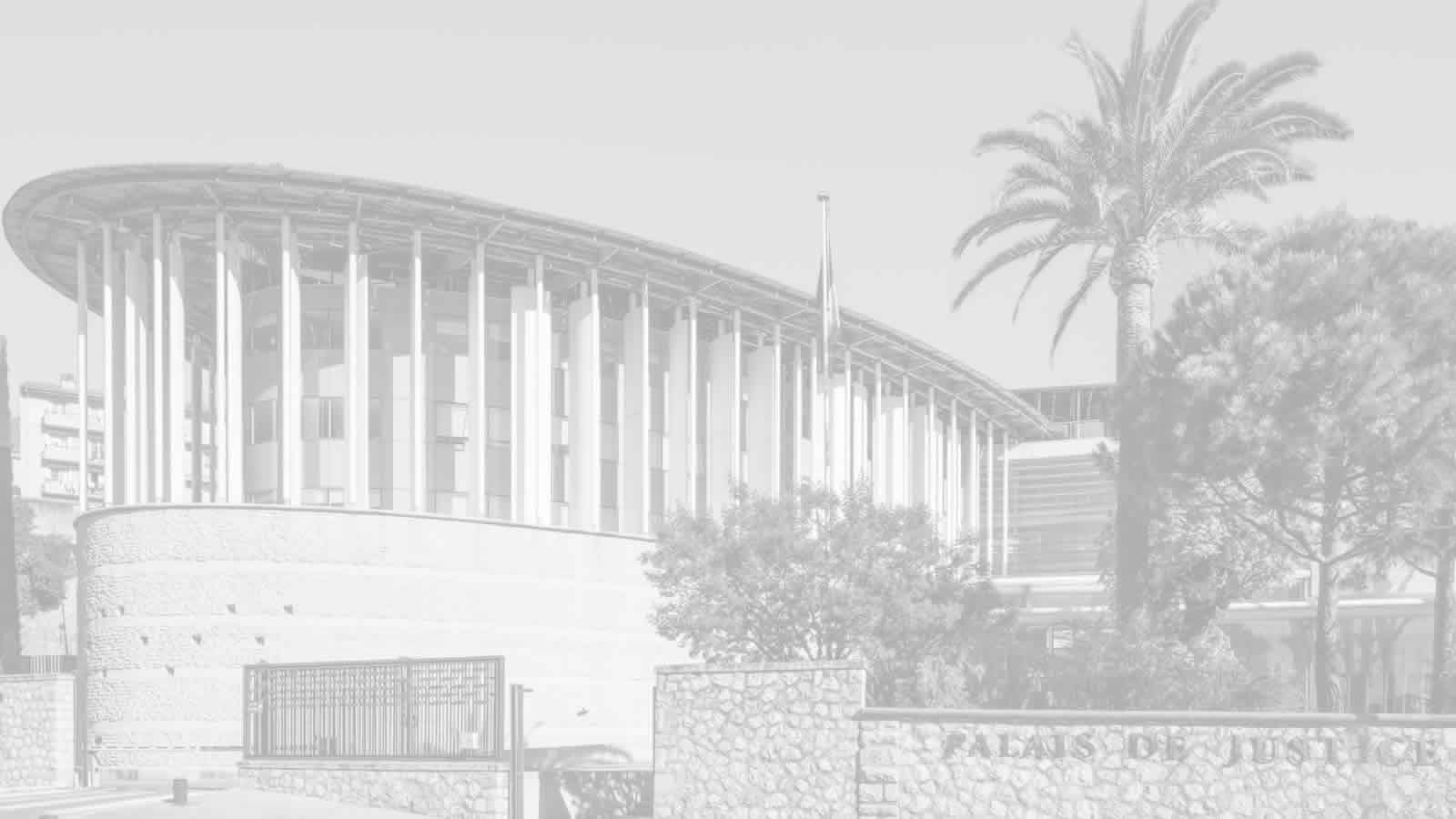

The Fees
Fees are set between the client and the lawyer, in keeping with the legal obligations for practice.
M.B. JUSTITIA uses a fixed hourly rate of 250 euros ex-VAT.
A quote can be provided for each case, to establish what the payable fee will be.
In agreement with the client, it is also possible for some cases, to pay part flat- fee and part contingency-fee.
Determining fees
In the absence of an agreement between the lawyer and the client, the fees are fixed according to convention and depending on the financial situation of the client, the complexity of the case, the lawyer's expenses, and the reputational risk. The lawyer responsible for a case can charge their client fees for the work that they have done, even if the file is withdrawn from them before it is concluded.
Client Information
Upon taking the case and regularly thereafter, the lawyer informs the client of how the fees will be determined, and of any foreseeable increase in the amount. Where necessary, this information will appear in the fee agreement. Unless the lawyer is intervening in an urgent court appearance, such an agreement is obligatory whether the lawyer is being compensated in full or in part, according to a legal protection insurance contract.
Compensation
The lawyer's compensation is established, as is convention, with due regard to each of the following elements,:
• the time devoted to the case,
• the quantity of research
• the nature and complexity of the case,
• the size of the interests concerned,
• fees and charges payable to their practice,
• notoriety, status, seniority, experience and the specialisations which they hold.
• the advantages and results obtained for the client's benefit by their work as well as the service provided to them.
• the client's financial circumstances.
Methods for calculating fees
Authorised methods
Flat-rate fees can be agreed. The lawyer can receive fees periodically from a client, including as a lump sum.
Non-authorises methods
A lawyer shall not be entitled to make a pactum de quota litis.
A pactum de quota litis is an agreement made between a lawyer and their client before a definitive judicial decision, which exclusively fixes the entirety of the fee to the outcome of the legal case, whether these fees consist of money or some other goods or value. The lawyer may only receive fees from their client or from their proxy.
Compensation for bringing cases is not permitted.
Advance fees and expenses
A lawyer who accepts a case may ask their client for an advance payment on their fees and expenses.
This pre-payment should not be greater than a reasonable estimation of the fees and payments that will be incurred in the case.
In the event of failure to make a requested pre-payment, a lawyer may refuse to continue with a case, or withdraw from a case according to the conditions set out in article 13 of the order of 12th July 2005. They will provide their client with all of the necessary information in this event.
Text references
L. December 31st, 1971 art. 10;
D. July 12th, 2005, art. 10, 11 and 12
D. November 27th, 1991, art. 174 and s.
RIN, art. 11 and s.
